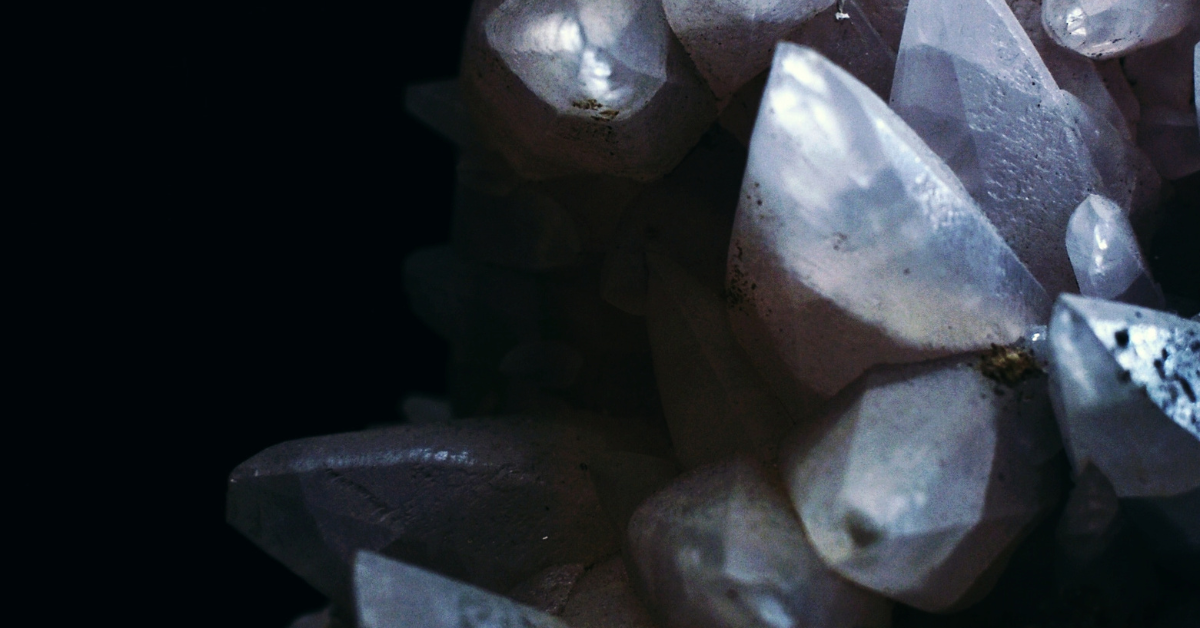Restless Legs Syndrome (RLS), that uncomfortable urge to move your legs, especially at night, can turn restful evenings into sleepless battles. While the exact cause is still not fully understood, one nutrient consistently stands out in research and anecdotal relief stories: magnesium.
So, does it actually work? Let’s explore how magnesium affects RLS, how to choose the right form, and what else you can do to calm your body before bed.
Understanding Restless Legs Syndrome
RLS is linked to imbalances in dopamine, nerve signaling, and muscle function. For many, it worsens at night, disrupting both falling asleep and staying asleep. While medications exist, they often come with side effects or diminishing results over time.
That’s why more people are turning toward natural support and magnesium is one of the most promising options.
Why Magnesium Helps
Magnesium plays a key role in muscle relaxation, nerve regulation, and dopamine production - three systems directly tied to RLS symptoms. When magnesium levels drop, nerves become hyperactive, leading to twitching, tingling, and that restless urge to move.
Supplementing magnesium can:
-
Calm overactive nerve signals
-
Reduce muscle cramps and spasms
-
Support deep, restorative sleep
It’s not a quick fix, but for many, consistent magnesium intake leads to noticeable relief over a few weeks.

The Best Types of Magnesium for RLS
Not all magnesium forms are equally effective - or equally gentle on your stomach.
The most bioavailable and sleep-supportive types include:
-
Magnesium Glycinate – gentle on digestion, promotes calm and sleep
-
Magnesium Malate – supports muscle recovery and energy metabolism
-
Magnesium Citrate – helps reduce tension and improve regularity
Moongreens includes Magnesium Glycinate, the most absorbable and calming form, chosen specifically for its nervous system support and sleep-enhancing effects.
How to Combine Magnesium with Other Natural Supports
For even better results, magnesium can be paired with compounds that further calm the mind and body:
-
Ashwagandha – balances stress hormones and relaxes muscles
-
L-Theanine & GABA – quiet the nervous system and support mental calm
-
Tart Cherry – supports melatonin production for better sleep cycles
Together, they help reset your body’s nighttime rhythm - so you can relax, recover, and wake up with energy instead of exhaustion. Moongreens combines all of these powerful ingredients in one formula so you don’t need a cabinet full of 20 different supplements to feel balanced and restored.
FAQ
Does magnesium cure RLS?
No supplement can “cure” RLS, but magnesium may significantly reduce symptoms by relaxing muscles and supporting neurotransmitter balance.
How long does it take to work?
Most users report improvements after 2–4 weeks of consistent use, especially when paired with better sleep hygiene.
When should I take magnesium for RLS?
Evening is ideal - about 30–60 minutes before bed.
Can I get magnesium from food?
Yes! Leafy greens, nuts, seeds, and whole grains are rich sources, though supplements ensure consistent intake.
Final Thoughts
Magnesium isn’t just another sleep supplement - it’s a fundamental mineral your body needs for calm, balance, and restoration. For those struggling with restless legs, magnesium can make bedtime peaceful again.
Moongreens combines Magnesium Glycinate with calming adaptogens and gut-supporting supergreens to create a nightly ritual that supports total body recovery - from muscle to mind.
Read More
Unlock Restful Sleep: Your 2025 Guide to Natural, Plant-Based Sleep Supplements





